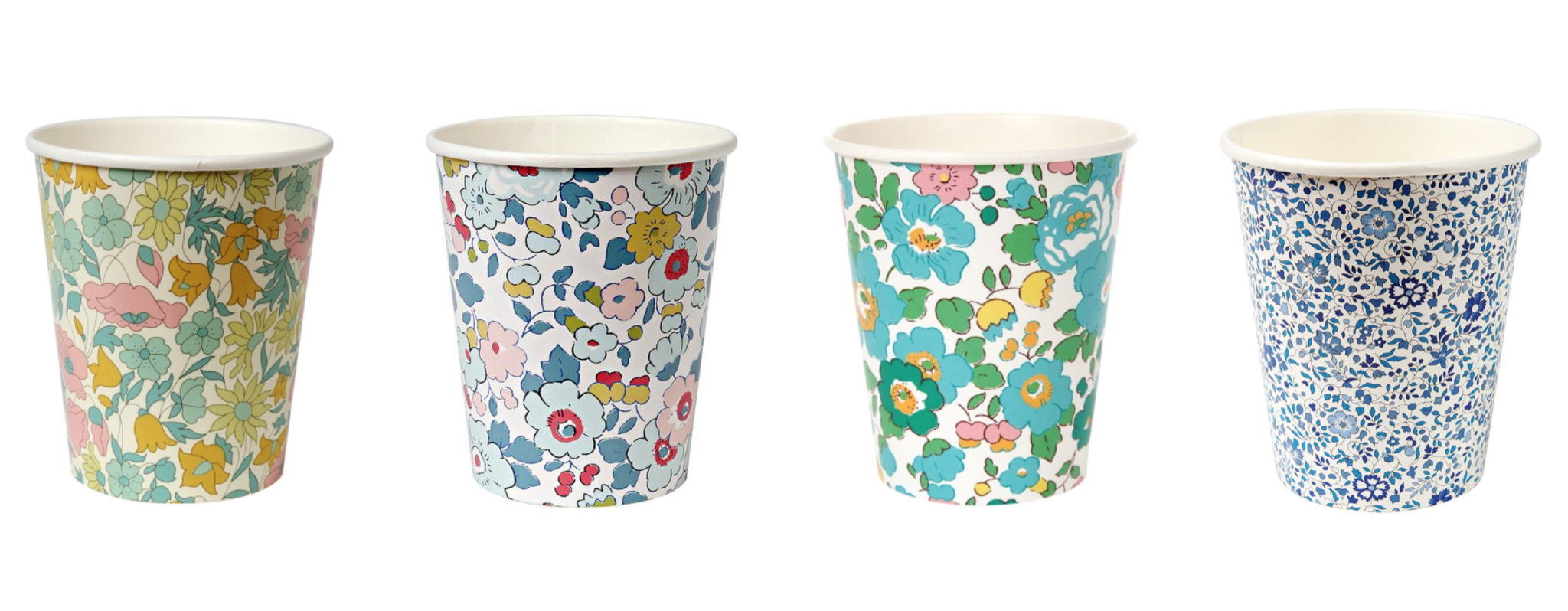One does not necessarily realize this, but the use of disposable cups has a real ecological impact. There are so many people who use it (and especially not recycle them) that the problem is real. Although cardboard, they still have a plastic liner inside (polystyrene) to make them waterproof. Inevitably, they take time to degrade: no less than 150 years. On a global scale, every year several billion cups are produced and of course all are not recycled. To give you an idea, if a person consumes a coffee in a cardboard cup every morning before going to work, that makes 250 cups a year on average. And Quebec-wide alone, that’s about 1.5 billion cups a year.

The manufacture of cardboard cups would be more polluting than plastic cups:
Their manufacture, from wood, a vegetable fabric, requires 13 times more water and 2 times more electricity than plastic cups. In the end, the plastic returns to 3.2 grams equivalent oil versus 4.1 for the carton version, according to a study by the Massachusetts Institute of Technology (MIT). Even worse, the thin layer of plastic that covers the cardboard inside the cup makes it almost impossible to recycle and very complex to compost. Learn more
Also in the same article, it is explained that the compostable cups are not suitable, as they do not decompose properly with temperatures below 57 °c. The solution is simple to avoid this problem is simple: get used to using reusable mugs. Source for this article: City in Green; The Echoes;


Leave a Reply